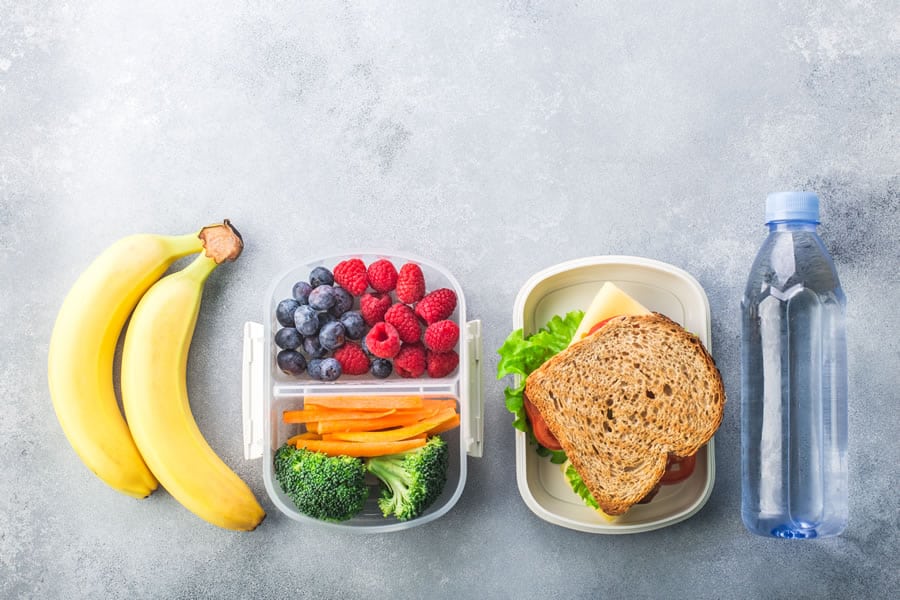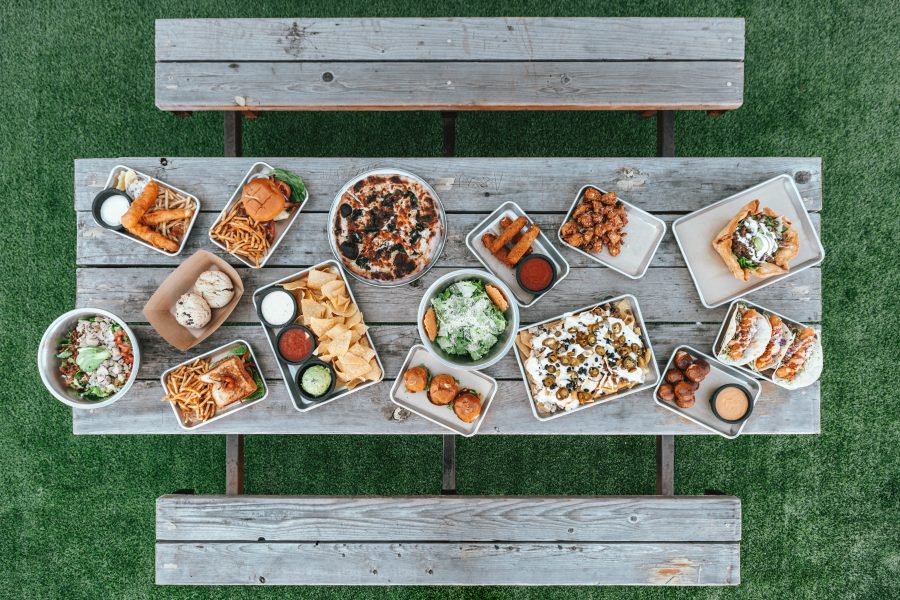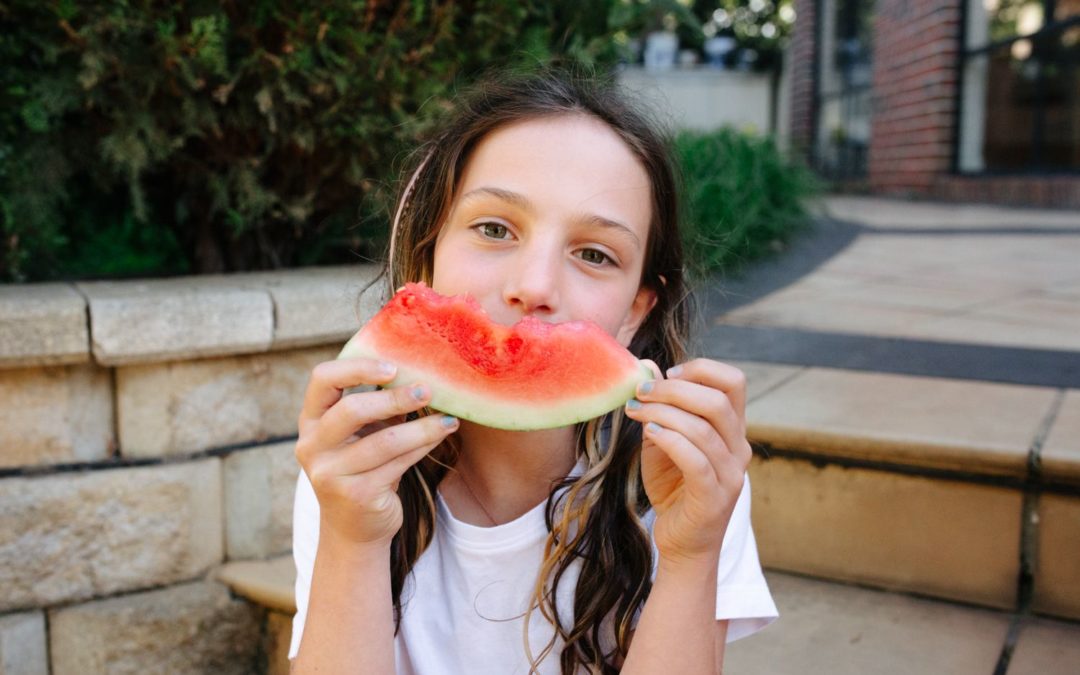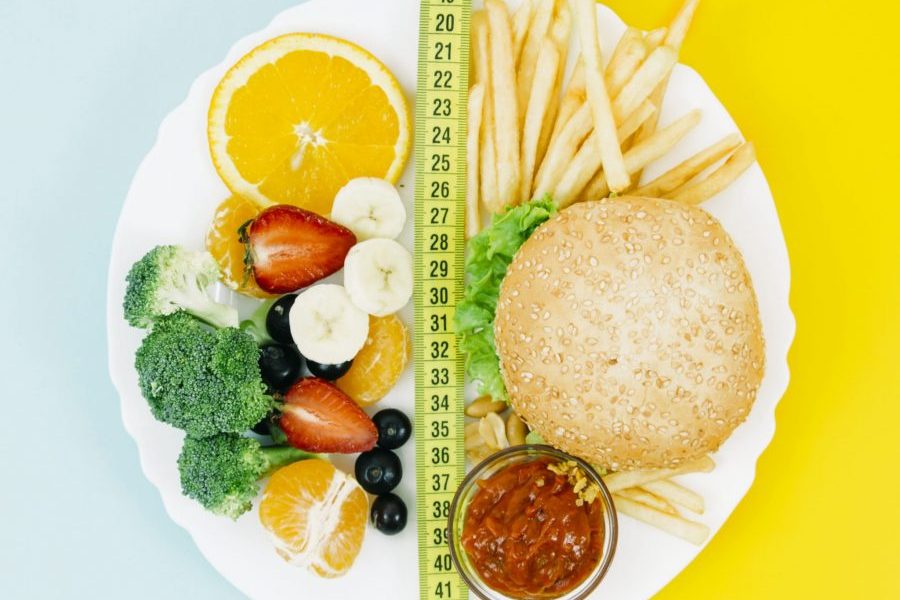Is social media detrimental or beneficial to our health?
Have you ever considered how scrolling through your Instagram might be impacting your health? Influencing your food choices and your relationship with food and your body?
Has it occurred to you how seeing your friends post on Facebook about a “fabulous” new diet or seeing your personal trainers’ bikini beach bod challenge or that perfectly packed lunchbox is impacting your thoughts around food and your body? Well, rest assured you’re in for an insightful piece that will hopefully make you think twice before following the latest health craze an influencer has just posted (and were they paid to do so?) or judging yourself by a lunchbox. Today we’ll help you to healthify your socials.
Now don’t get us wrong, we love our socials as much as the next person, but we must look at when it is helping and when it is hindering our health, both physically and emotionally.
Let’s take a look at some circumstances where it may not be so helpful:
- If it’s making you feel overwhelmed and unsure of what to believe, do or think
- If it’s making you constantly negatively critique and judge yourself
- If it’s making you label foods and body types as “good” and “bad”
- If it’s making you feel unnecessarily guilty about your current habits and lifestyle
We must remind ourselves that social media platforms are a highlight reel of a person’s life, and they are not an accurate representation of their entire life. How can they be? We don’t document every single moment of our lives. It begs the question; is this the entire story we are seeing? Or just a piece of it? What are they trying to show us here and what can’t we see? And furthermore, can we then trust them? .
And even the Foost socials that are as “real” as possible, as just a moment in time. We don’t intrude every mealtime with a recording or get the phone out when children are having a hard time.
Studies looking at social media in the context of body image and food choices among young healthy adults found that social media engagement or exposure to image-related content was associated with higher rates of poor body image and unhealthy dieting behaviours. It also identified that some felt more motivated to eat ‘healthier’ likely as a result of comparison and their pursuit for external validation rather than for health purposes.
Now, of course, it’s not all bad, so let’s take a moment to recognise when social media can be really helpful for us:
- When it’s giving us inspiring, achievable and delicious recipes to try
- When it’s promoting positive or neutral body image among all shapes and sizes
- When it gives us useful evidence-based tips and information about achievable healthy eating from credible sources
- When it’s empowering us to make decisions that align with our personal health goals and values
Whilst studies found that young adult women exposed to idyllic images of celebrities, peers and fitness on Instagram, experienced increased body dissatisfaction. The causality a result of internalising thin and fitness ideals. In contrast, studies also discovered that social media posts surrounding body functionality, promotion of greater self-compassion with positive quotes and illustrations and celebrating body diversity, supported greater body satisfaction.
So how do you make your social media more conducive to supporting our health and eating?
Well if Becky from the kinder mum group is making you feel down in the dumps because she posts perfect lunchboxes (and kudos to her), you can mute her if you are finding it stressful not inspiring (no need to unfriend, that’s mean as you can still be here friend, just mute her so you are not seeing it all the time). If an influencer you follow is promoting their latest diet, or content that is not helping you, it’s time to unfollow. The power is with you!
We think you knew this was coming, but, please stop following companies and people on Instagram that make a profit on making you feel bad about your body, that make you feel lesser or not good enough, that promote fad diets, that proclaim radical statements like “celery juice is the cure to all of your health problems”.
Influencers and friends may motivate you to move your body in a way you enjoy and give you some meal prep hacks and recipe to make your life easier and if you find that aligns with your values and helps you and your family that is great. When it comes to nutrition advice, do your own research and have a look to see what credentials the person has, is it a university level nutrition degree? If the person holds a degree in psychology, they probably have some helpful posts around managing anxiety, but be careful not to look at them for specific nutrition advice.
Our five top tips to healthify your social media:
1. Follow people who inspire you (not guilt or judge you) and whose values align with your own. Look for accounts that show diverse body types and link nutrition to health and not weight.
2. Know who you are following and where you are getting your nutrition information from. What are their credentials? Do they have a university degree in nutrition and/or dietetics? Look for any incentives or biases people might have for suggesting a product. Was it gifted to them? Are they being paid to promote the product?
3. The power is with you to mute and unsubscribe! Socials will feed you more of what you engage with. So be in control. You can’t choose what people post, but you can choose what you read.
4. Remember it is a highlights reel. And beware of filters! It doesn’t replace good old face to face or phone communication and personalised nutrition education.
5. Connect instead of compare. Does what you are seeing bring you food joy and reduce your food stress? Whilst on socials, ask yourself am I comparing rather than connecting?
For more support, check out our mindset miniseries, which also features an episode on social media.










